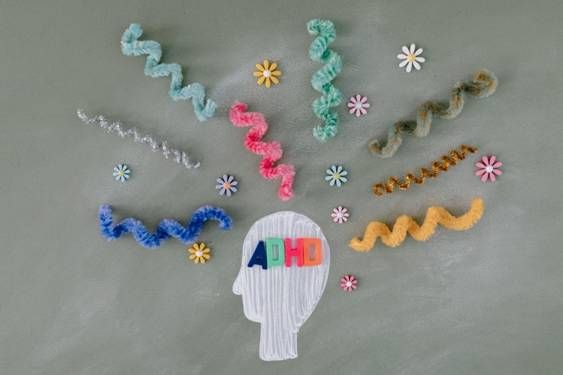Introduction:
Attention-Deficit/Hyperactivity Disorder (ADHD) is a neurodevelopmental disorder that presents itself in childhood and can continue into adulthood. It affects millions of people around the world. Symptoms include inattentiveness, hyperactivity, and impulsivity, which can significantly impair daily life, work, and relationships. The good news is that ADHD is manageable with various treatment options available.

This blog post will explore different ADHD treatment options, helping individuals better understand the paths they can take to manage their symptoms effectively. While this post provides valuable information, it is crucial to remember that it does not constitute medical advice. Always consult a qualified healthcare professional for personalized guidance and treatment plans.
ADHD Treatment Options
1. Therapy
Therapy is an essential aspect of ADHD treatment, often serving as the first line of intervention. Different types of therapy can be beneficial:
- Behavioral Therapy: This approach helps individuals develop coping mechanisms for managing impulsivity, hyperactivity, and inattention.
- Cognitive Behavioral Therapy (CBT): CBT helps individuals identify and change negative thought patterns and behaviors associated with ADHD.
- Family/Couples Therapy: ADHD can impact family dynamics and relationships. Family or couples therapy can improve communication and support.
2. Medication
Medication is another critical component of ADHD treatment for many individuals. Medications commonly prescribed for ADHD include:
- Stimulants: These medications work by increasing dopamine and norepinephrine levels in the brain, improving focus and attention.
- Non-Stimulants: For individuals who cannot tolerate stimulants or prefer an alternative, non-stimulant medications like atomoxetine or guanfacine can be effective in managing ADHD symptoms.
3. Lifestyle Modifications
Lifestyle changes can complement traditional ADHD treatments and significantly impact symptom management:
- Regular Exercise: Physical activity can improve focus, reduce hyperactivity, and boost mood.
- Healthy Diet: A balanced diet rich in fruits, vegetables, and lean protein provides essential nutrients for brain function.
- Adequate Sleep: Establishing a consistent sleep schedule and ensuring enough sleep can improve attention and reduce daytime sleepiness.
4. Alternative Treatments
While not a replacement for traditional treatments, some individuals find alternative therapies helpful in managing ADHD symptoms:
- Mindfulness and Meditation: These practices can improve focus, reduce stress, and increase self-awareness.
- Yoga: Yoga combines physical activity with mindfulness, potentially aiding in both physical and mental aspects of ADHD.
It is essential to consult a healthcare professional before incorporating alternative therapies into an ADHD treatment plan.

.jpg)